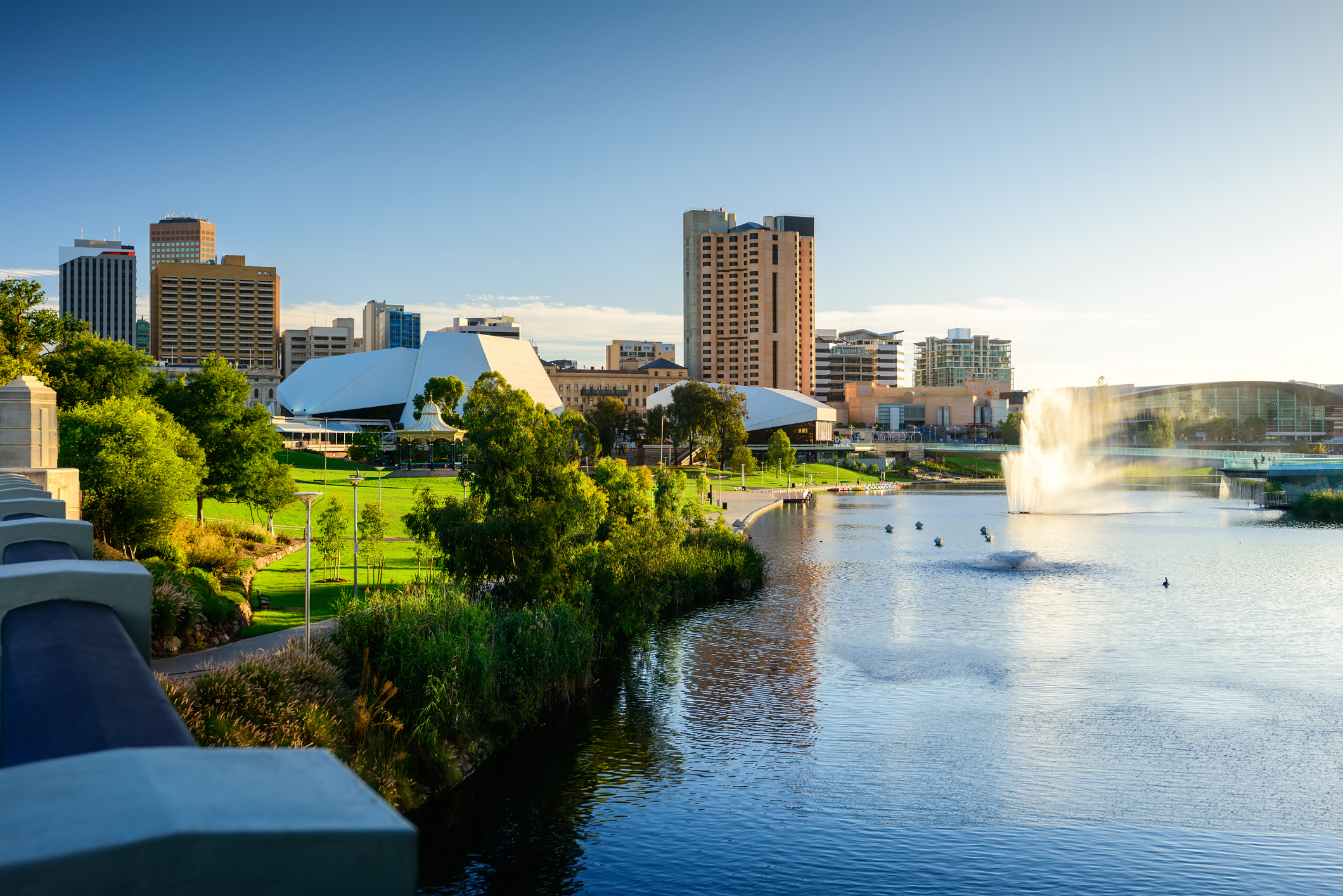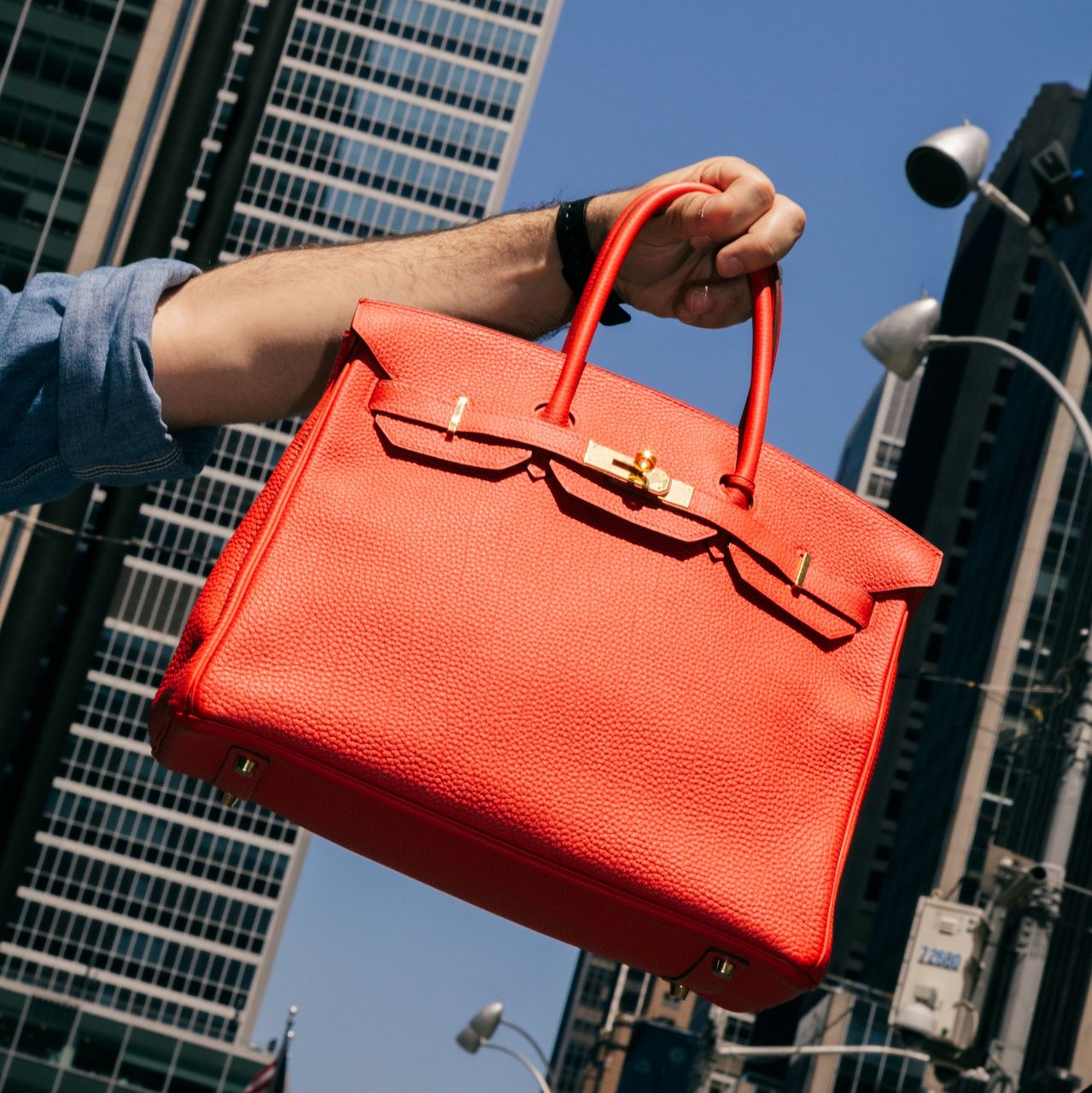Australia’s strongest state economy is no longer on the eastern seaboard
CommSec research reveals this state is leading the country in economic growth, unemployment, construction and dwelling starts
South Australia is currently the strongest state or territory economy in the country, with economic activity 9.1 percent above its decade-average in the December quarter, according to CommSec research. NSW was second with economic output running 8.6 percent above its long-run average, followed by Victoria with 8.5 percent, the ACT at 8.3 percent and Western Australia at 6 percent.
Economic activity in both Queensland and Tasmania was 4.5 percent above average while the Northern Territory underperformed its long-term average by 0.5 percent.
The CommSec research ranks states and territories on several key economic metrics and compares the latest quarterly data with each area’s decade average. South Australia ranks first on four of the eight key indicators. They are economic growth, unemployment, construction and dwelling starts.
Western Australia ranks first on population growth and business and equipment investment. Population growth has been a key element in Perth and regional Western Australia becomingthe country’s hottest property markets over the past 12 months. CoreLogic figures released this week show home values are up 21.1 percent in Perth and 13.3 percent in the state’s regions.
Despite high inflation, retail spending remained above the long-term average in all states and territories in the December quarter. The ACT led with retail expenditure 12.2 percent higher than its long-term average, followed by Western Australia with 11.3 percent, Victoria at 11.2percent and Queensland at 11.1 percent.
Queensland is in the top spot for new home loans. Propelling this is very strong internal migration and a doubling of the First Home Owners Grant to $30,000 from 20 November last year. New home loans issued to first home buyers in November surged to a 15-month high, according to data from the Australian Bureau of Statistics. Queensland is currently the second strongest housing market, with home values up 16.1 percent in Brisbane and 11.2 percent in regional areas over the past year.
In all states and territories except the Northern Territory, housing finance commitments remained above decade averages in the December quarter. The value of home loans in Queensland was 21.1 percent higher than the state’s long-term average. The next strongest was Western Australia, up 17.5 percent, South Australia, up 14.2 percent, and the ACT, up 12 percent. The new CoreLogic data reveals 15 consecutive months of growth in the national median price, despite high interest rates.
This stylish family home combines a classic palette and finishes with a flexible floorplan
Just 55 minutes from Sydney, make this your creative getaway located in the majestic Hawkesbury region.
Continued stagflation and cost of living pressures are causing couples to think twice about starting a family, new data has revealed, with long term impacts expected
Australia is in the midst of a ‘baby recession’ with preliminary estimates showing the number of births in 2023 fell by more than four percent to the lowest level since 2006, according to KPMG. The consultancy firm says this reflects the impact of cost-of-living pressures on the feasibility of younger Australians starting a family.
KPMG estimates that 289,100 babies were born in 2023. This compares to 300,684 babies in 2022 and 309,996 in 2021, according to the Australian Bureau of Statistics (ABS). KPMG urban economist Terry Rawnsley said weak economic growth often leads to a reduced number of births. In 2023, ABS data shows gross domestic product (GDP) fell to 1.5 percent. Despite the population growing by 2.5 percent in 2023, GDP on a per capita basis went into negative territory, down one percent over the 12 months.
“Birth rates provide insight into long-term population growth as well as the current confidence of Australian families,” said Mr Rawnsley. “We haven’t seen such a sharp drop in births in Australia since the period of economic stagflation in the 1970s, which coincided with the initial widespread adoption of the contraceptive pill.”
Mr Rawnsley said many Australian couples delayed starting a family while the pandemic played out in 2020. The number of births fell from 305,832 in 2019 to 294,369 in 2020. Then in 2021, strong employment and vast amounts of stimulus money, along with high household savings due to lockdowns, gave couples better financial means to have a baby. This led to a rebound in births.
However, the re-opening of the global economy in 2022 led to soaring inflation. By the start of 2023, the Australian consumer price index (CPI) had risen to its highest level since 1990 at 7.8 percent per annum. By that stage, the Reserve Bank had already commenced an aggressive rate-hiking strategy to fight inflation and had raised the cash rate every month between May and December 2022.
Five more rate hikes during 2023 put further pressure on couples with mortgages and put the brakes on family formation. “This combination of the pandemic and rapid economic changes explains the spike and subsequent sharp decline in birth rates we have observed over the past four years,” Mr Rawnsley said.
The impact of high costs of living on couples’ decision to have a baby is highlighted in births data for the capital cities. KPMG estimates there were 60,860 births in Sydney in 2023, down 8.6 percent from 2019. There were 56,270 births in Melbourne, down 7.3 percent. In Perth, there were 25,020 births, down 6 percent, while in Brisbane there were 30,250 births, down 4.3 percent. Canberra was the only capital city where there was no fall in the number of births in 2023 compared to 2019.
“CPI growth in Canberra has been slightly subdued compared to that in other major cities, and the economic outlook has remained strong,” Mr Rawnsley said. “This means families have not been hurting as much as those in other capital cities, and in turn, we’ve seen a stabilisation of births in the ACT.”
This stylish family home combines a classic palette and finishes with a flexible floorplan
Just 55 minutes from Sydney, make this your creative getaway located in the majestic Hawkesbury region.


















